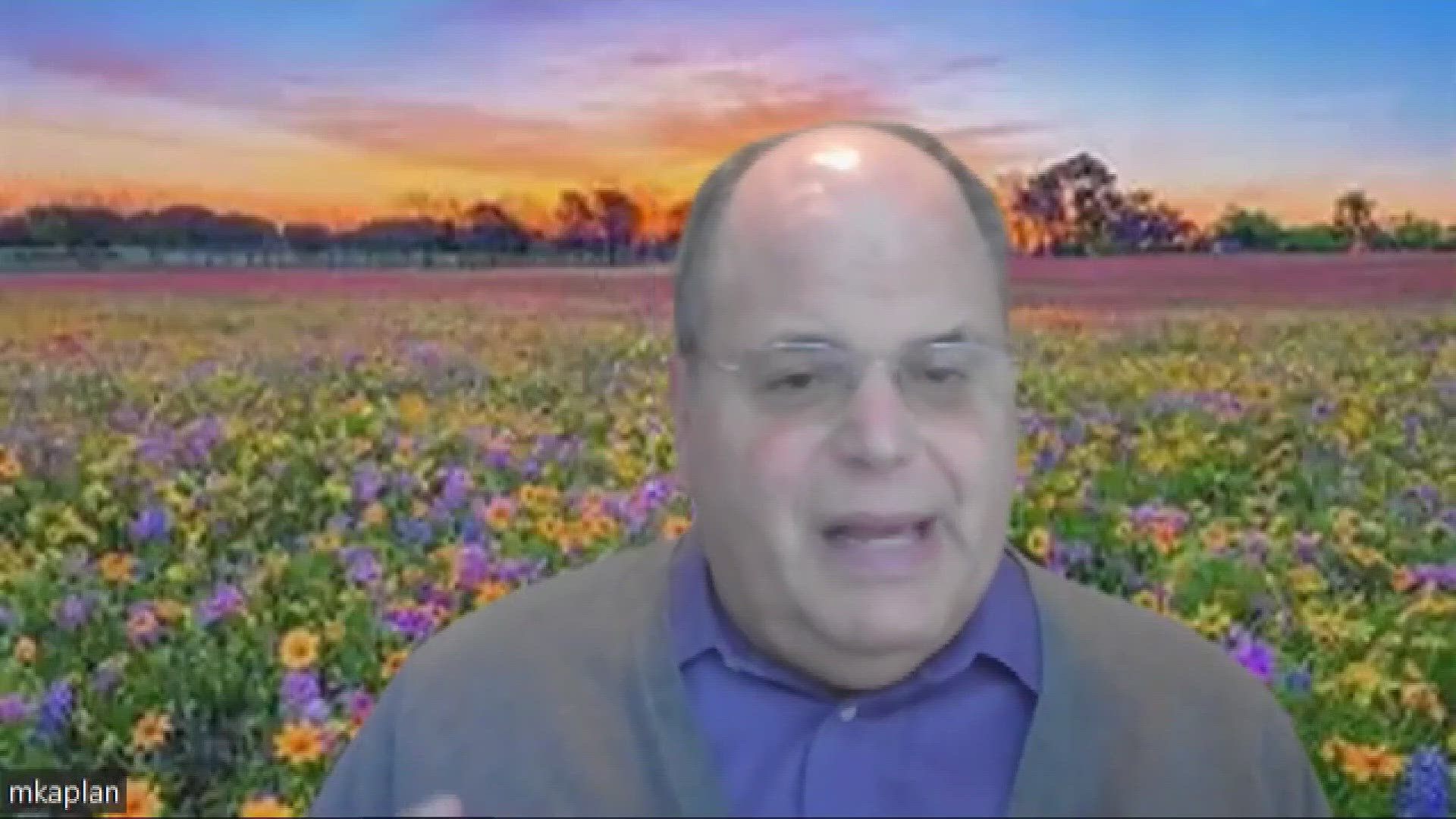LEWISTON, Maine — Maine experienced likely the largest mass shooting in its history Wednesday night, leaving the close-knit state of 1.3 million devastated.
Robert Card, 40, of Bowdoin, is suspected of shooting and killing 18 people and injuring over a dozen more, first at a bowling alley and then at a restaurant, in Lewiston.
Parents have been emailing NEWS CENTER Maine asking how they are going to explain this tragedy to their children.
Dr. Marc Kaplan, chief medical officer at Sweetser in Portland, offered some tools and resources for families.
“I think we have to appreciate that almost all of southern Maine is traumatized in a way," Kaplan said.
How do we heal?
"You’ve got the families of the 18 people who were killed and then you’ve got the families of people who were severely wounded,” Kaplan said. “We can’t really talk about those folks because they are in intense grief and there’s really no tricks for them. Or even, you know, suggesting how they can cope. They’re just coping and grieving as hard as anyone could grieve. It’s just horrific."
As law enforcement continue their nearly 48-hour search for the suspect, many Mainers are adhering to a shelter-in-place order; making peace of mind a pipe dream, until Card is captured.
How to talk to your children
“In order to take care of the kids properly, the adults, parents, or guardians, they’ve got to somehow bind their anxiety so they can speak to the kids in developmentally appropriate ways; depending on the age of the kid,” Kaplan said. “And they can punctuate, ‘We’re safe. I’m gonna keep you safe. The police are gonna keep us safe,' you know, and that is critical here.”
If your child is around the preschool age, Kaplan suggests using once-sentence responses they can understand.
“A bad man hurt people. But the police are keeping us safe," he said.
When you hear a helicopter or a siren, reassure your child that sound means someone is trying to protect them and shouldn't trigger fear, he added.
For elementary and middle schoolers, Kaplan said they will most likely have a lot of questions. He suggested validating their fears and answering their questions, while limiting their exposure to the news, including access to social media. Kaplan said disturbing images can imprint on a child's brain, making them vulnerable to post-traumatic stress disorder (PTSD).
Parents with high schoolers should be open to talking about and validating their children's feelings but suggested limiting access to social media as well.
RELATED: Maine's biggest mass shooting will require healing. Here are some mental health resources to help.
Kaplan said for families with a child on the autism spectrum, or children with intellectual disabilities, it is important to keep their routines in place as much as possible and limit sensory stimulation—many people on the autism spectrum are sensitive to loud noises or bright lights.
While sheltering in place, Kaplan encourages families to treat this like the start of COVID, or a "snow day," and spend time with their kids, playing a board game, baking cookies, or watching a good film, to reestablish some sort of normalcy.
“All the focus is on keeping the children feeling as safe as possible,” Kaplan said.
Here is a list of resources
CRISIS LINE: 1-888-568-1112
INTENTIONAL WARM LINE: 1-866-771-9276
NON-EMERGENCY SWEETSER PROMISE LINE: 1-800-434-3000
TEEN TEXT SUPPORT LINE: 207-515-8398
NAMI MAINE RESOURCE DATABASE: Online
Click here to see a full database of resources across the state by community.
This story may be updated.

